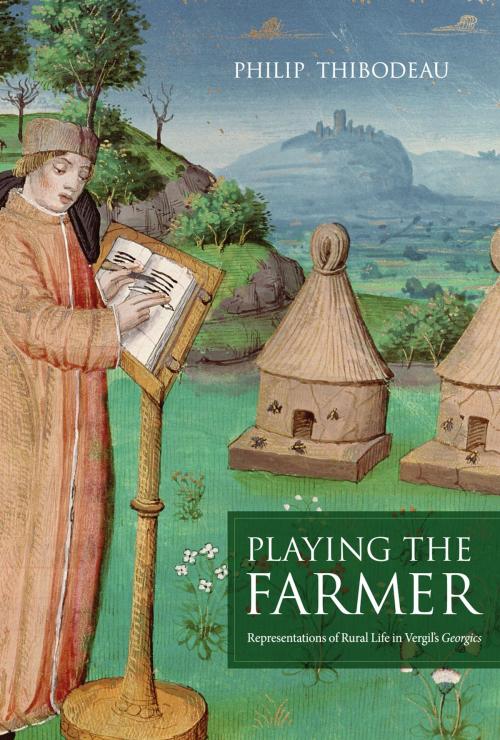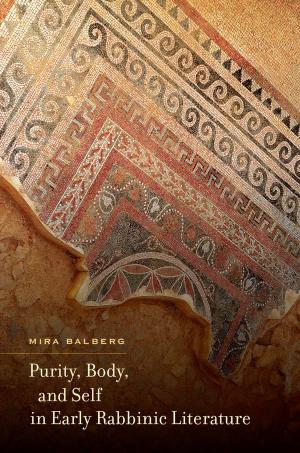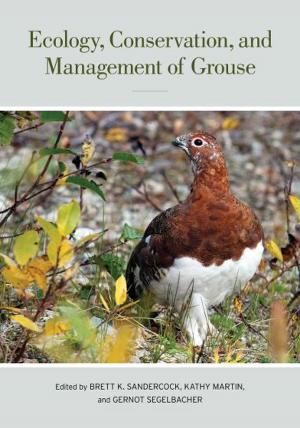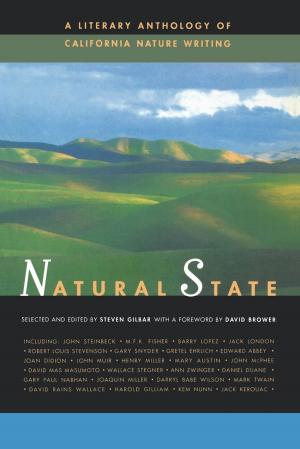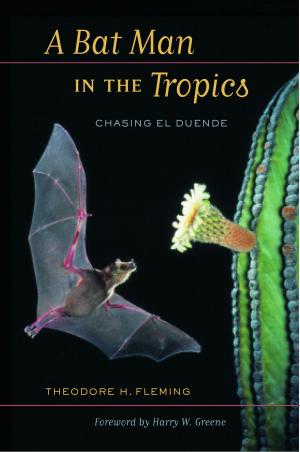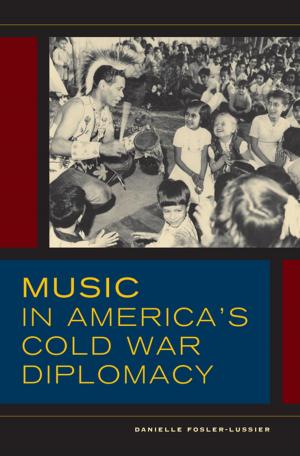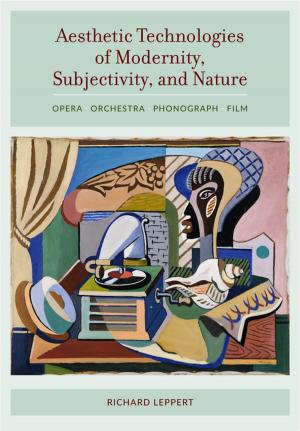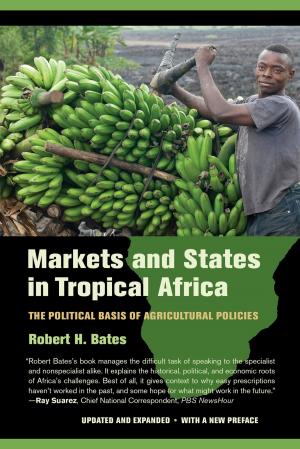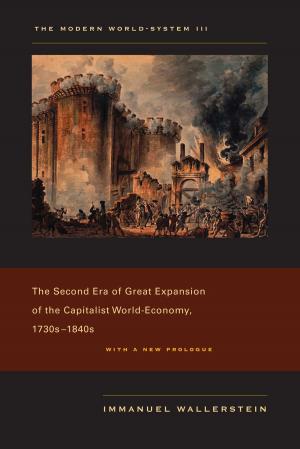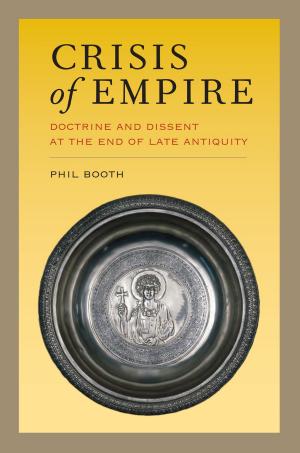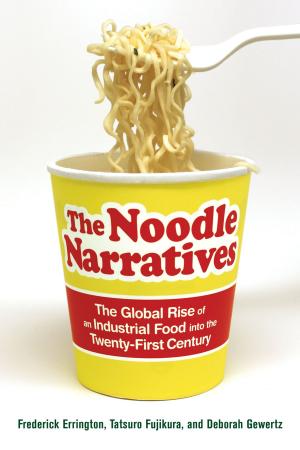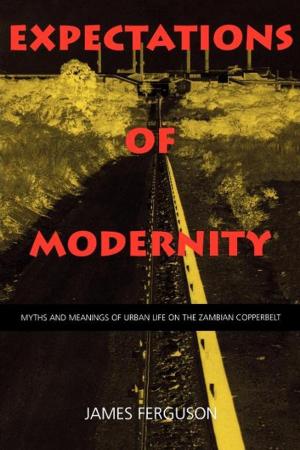Playing the Farmer
Representations of Rural Life in Vergil’s Georgics
Fiction & Literature, Literary Theory & Criticism, Ancient & Classical, European| Author: | Philip Thibodeau | ISBN: | 9780520950252 |
| Publisher: | University of California Press | Publication: | July 5, 2011 |
| Imprint: | University of California Press | Language: | English |
| Author: | Philip Thibodeau |
| ISBN: | 9780520950252 |
| Publisher: | University of California Press |
| Publication: | July 5, 2011 |
| Imprint: | University of California Press |
| Language: | English |
Playing the Farmer reinvigorates our understanding of Vergil’s Georgics, a vibrant work written by Rome’s premier epic poet shortly before he began the Aeneid. Setting the Georgics in the social context of its day, Philip Thibodeau for the first time connects the poem’s idyllic, and idealized, portrait of rustic life and agriculture with changing attitudes toward the countryside in late Republican and early Imperial Rome. He argues that what has been seen as a straightforward poem about agriculture is in fact an enchanting work of fantasy that elevated, and sometimes whitewashed, the realities of country life. Drawing from a wide range of sources, Thibodeau shows how Vergil’s poem reshaped agrarian ideals in its own time, and how it influenced Roman poets, philosophers, agronomists, and orators. Playing the Farmer brings a fresh perspective to a work that was praised by Dryden as "the best poem by the best poet."
Playing the Farmer reinvigorates our understanding of Vergil’s Georgics, a vibrant work written by Rome’s premier epic poet shortly before he began the Aeneid. Setting the Georgics in the social context of its day, Philip Thibodeau for the first time connects the poem’s idyllic, and idealized, portrait of rustic life and agriculture with changing attitudes toward the countryside in late Republican and early Imperial Rome. He argues that what has been seen as a straightforward poem about agriculture is in fact an enchanting work of fantasy that elevated, and sometimes whitewashed, the realities of country life. Drawing from a wide range of sources, Thibodeau shows how Vergil’s poem reshaped agrarian ideals in its own time, and how it influenced Roman poets, philosophers, agronomists, and orators. Playing the Farmer brings a fresh perspective to a work that was praised by Dryden as "the best poem by the best poet."
